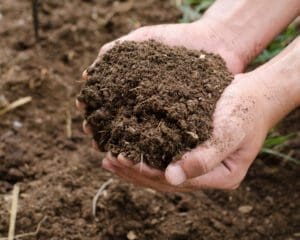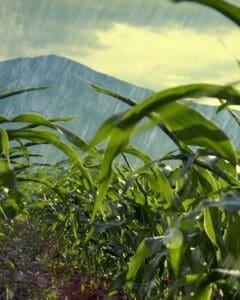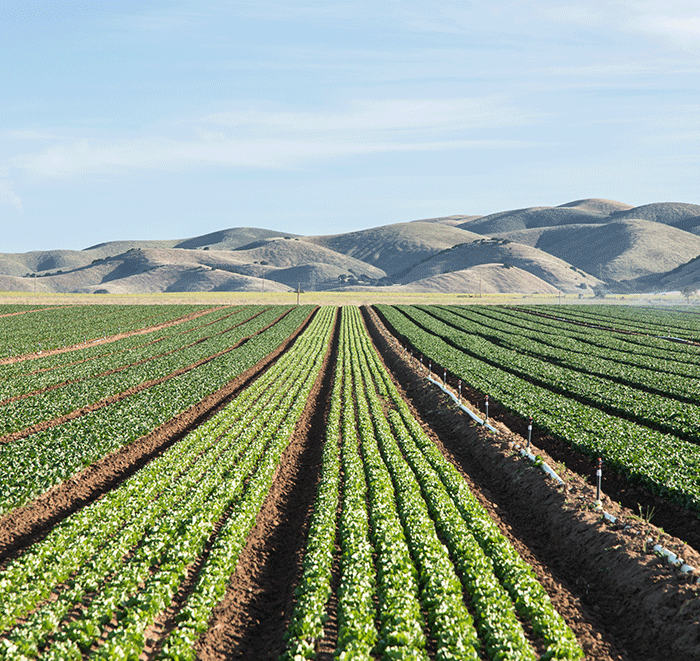
Top Tips for Retaining Soil Moisture
 Growers located in drought-stricken areas of the country know all too well that every drop of moisture counts when it comes to crop production. Whether operations are challenged by diminished reservoir reserves, shrinking aquifer levels or extended rainfall shortages, it’s up to growers to maximize any available moisture each season.
Growers located in drought-stricken areas of the country know all too well that every drop of moisture counts when it comes to crop production. Whether operations are challenged by diminished reservoir reserves, shrinking aquifer levels or extended rainfall shortages, it’s up to growers to maximize any available moisture each season.
Wilbur-Ellis sales representative Scott Terry, who is located on the western side of the Texas panhandle, is experienced in helping his customers deal with continuing drought conditions. To make the most of available moisture, he offered growers a few tips for conserving and maximizing water usage in their operations.
“Water is one of our most limiting resources and we must continually focus on preserving our supply,” Terry explained.
Keep Soil Healthy
Paying attention to soil health is a good starting point, Terry noted. To help keep the maximum amount of moisture where it’s needed within the soil, Terry recommended growers focus on creating healthy soil structure with ample organic matter.
“Using no- or minimum-tillage practices on fields is an important step toward retaining soil moisture,” he said. “While tilling the ground dries the soil, leaving some residue on the soil surface helps prevent evaporation.”
Residue on the ground also helps capture moisture during big rain events, Terry added. “We’ll often get two-thirds of our annual rainfall in one or two events. Soil residue helps water to infiltrate the soil better, instead of running off and going down the ditch during big flash floods,” he explained.
Use Available Tools
Depending on your moisture challenges, Terry noted that new technology is available to help preserve water usage and maximize water availability for plants. Some water-management products to consider include:
- Aquate® Max: Helps growers get the most from irrigation and chemigation applications by holding more moisture and nutrients in the plant root zone. The proprietary hydration and infiltration technology also helps reduce plant stress.
- Probe Schedule®: Better manages irrigation water usage by measuring the amount of water available for crop use at different levels in the soil. This information helps growers adjust irrigation schedules to deliver the precise amount of water needed to avoid over- or under-watering.
“When faced with limited moisture conditions, it’s important to capture every drop you get and keep it retained in the soil, ready for use whenever a crop is planted,” Terry added. “Employing the right cultural practices and technology can help you achieve this goal.” Your local Wilbur-Ellis representative can assist with more information about maximizing water usage in your specific area.

